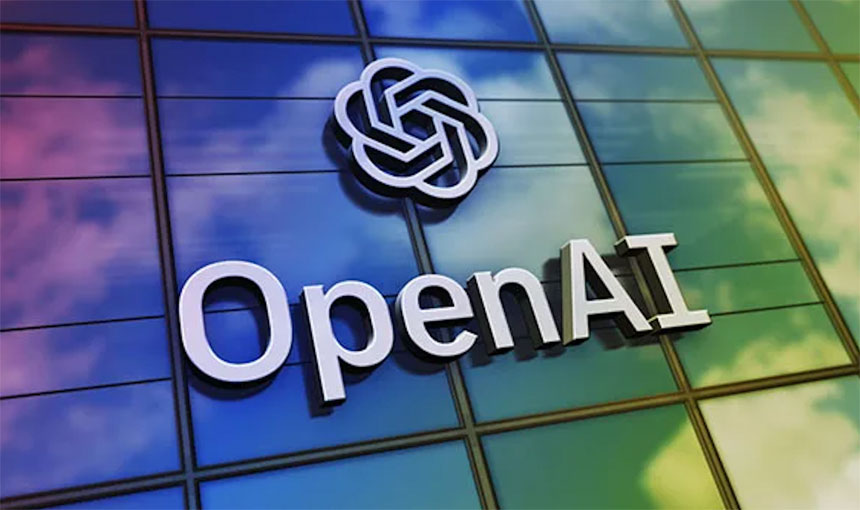OpenAI’s Potential Nonprofit Restructure Raises Legal and Regulatory Questions
NEW YORK (AP) — OpenAI, the artificial intelligence pioneer behind ChatGPT, faces potential challenges stemming from its nonprofit roots as its valuation recently soared to $157 billion. Legal experts are closely monitoring the organization, particularly in light of its ongoing discussions about restructuring its corporate model.
The complexities arise from OpenAI’s unique hybrid structure—operating as a nonprofit with for-profit subsidiaries. The tension between the organization’s charitable mission and the commercial success of its for-profit ventures has placed it under scrutiny. Jill Horwitz, a professor at UCLA School of Law, emphasized that in any joint venture involving nonprofits, charitable interests must take precedence.
> “It’s the job of the board, and if necessary, regulators and courts, to ensure the nonprofit’s commitment to the public is honored,” Horwitz said.
OpenAI Weighs Corporate Restructure
CEO Sam Altman confirmed that OpenAI is considering restructuring options but did not disclose specifics. However, sources suggest the company may transform into a public benefit corporation (PBC), a for-profit entity that prioritizes social impact alongside profit. While no final decision has been made, the timing of any change remains uncertain.
A key challenge for OpenAI involves how to handle its nonprofit’s stake in its for-profit ventures. If the nonprofit relinquishes control, it may need to receive fair market compensation for the transferred assets, a process governed by U.S. tax law.
> “Any restructuring would ensure the nonprofit continues to thrive and receives fair value for its current stake,” said Bret Taylor, chair of OpenAI’s nonprofit board.
Legal and Regulatory Hurdles
Transitioning from nonprofit to for-profit status could involve a complex regulatory process. Under U.S. tax law, assets donated to a nonprofit must remain within the charitable sector, requiring compensation if transferred to for-profit subsidiaries. This raises several questions for regulators, such as:
What assets belong to the nonprofit?
How should intellectual property, patents, and commercial products be valued?
What would be the cost of relinquishing control over the for-profit subsidiaries?
Andrew Steinberg, a nonprofit law expert at Venable LLP, noted that altering the structure of a tax-exempt organization is rare and complicated.
> “It’s an extraordinary and intricate process with numerous legal and regulatory challenges, but not impossible,” Steinberg said.
OpenAI is likely to face scrutiny from both federal and state regulators, including the IRS and state attorneys general in Delaware and California, where it is incorporated and operates.
Balancing Mission with Commercial Growth
OpenAI initially outlined its charitable mission in a 2016 IRS application, pledging to develop AI technologies for the benefit of humanity, without prioritizing financial gain. However, as the organization expanded its commercial ventures, including partnerships and paid products, its approach has evolved.
Despite these changes, OpenAI maintains that its core mission remains unchanged. Spokesperson Liz Bourgeois confirmed that the company continues to focus on developing general-purpose AI that safely benefits humanity.
Legal experts argue that as long as OpenAI discloses changes in its operations through its annual tax filings, it remains compliant with nonprofit regulations.
Future Implications
OpenAI’s ongoing deliberations over its structure could have significant implications for the broader tech sector, where the lines between nonprofit missions and commercial objectives are increasingly blurred. If the company moves forward with restructuring, it will need to carefully balance legal obligations, regulatory compliance, and public trust to maintain its position as a leader in responsible AI innovation.
This pivotal moment for OpenAI highlights the challenges organizations face when pursuing both social impact and financial success, setting a precedent for other mission-driven tech ventures.
Source : Swifteradio.com


